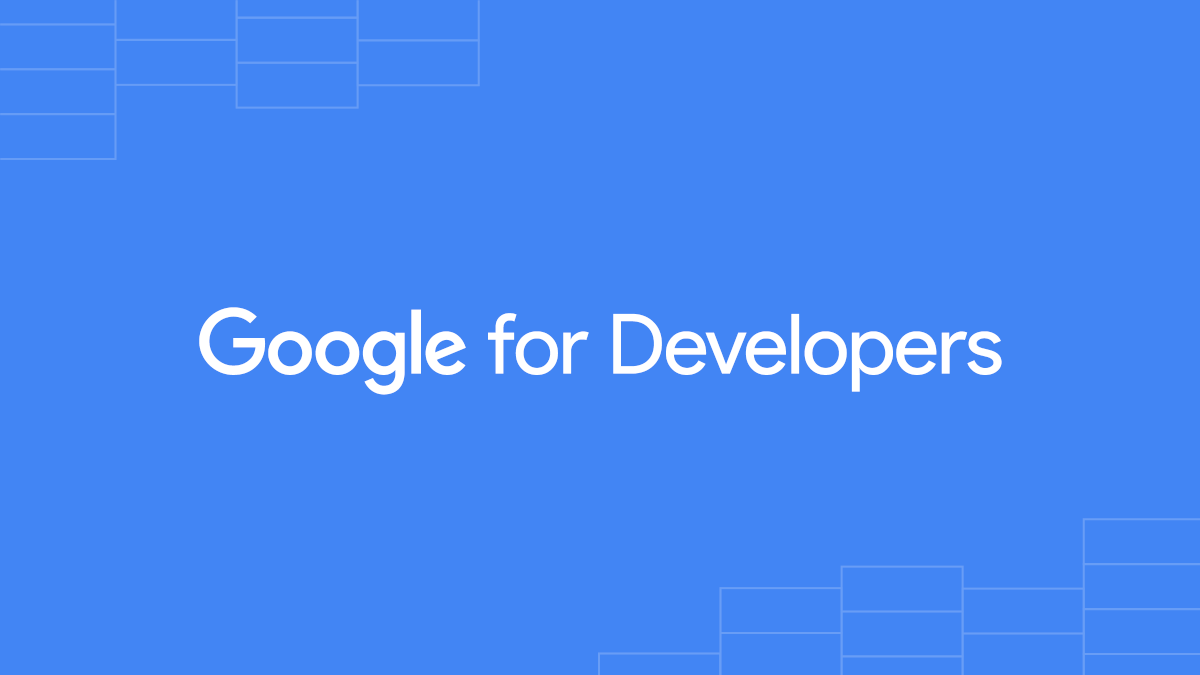- AI Nuggetz
- Posts
- MedGemma: Google’s New Medical AI That Understands Images and Text
MedGemma: Google’s New Medical AI That Understands Images and Text
Google just dropped something big: MedGemma.
It’s a suite of open-source AI models trained to understand medical images and language, think chest X-rays, skin lesions, pathology slides, and long, messy clinical notes. Unlike most models that can only do one thing, MedGemma is multimodal, it sees and reads.
Let’s break down what it is, how it works, and why it matters.
What is MedGemma?
MedGemma is part of Google’s Health AI Developer Foundations, a push to make high-performing medical AI tools available to everyone, not just elite labs or billion-dollar health systems.
It was developed by Google Research and DeepMind, the teams behind Med-PaLM and Gemini.
Two Model Variants:
Model | Type | What it can do |
|---|---|---|
MedGemma 4B | Multimodal | Understands images + text (e.g. explain an X-ray or describe a skin lesion) |
MedGemma 27B | Text-only | Handles complex medical language, Q&A, summaries, triage logic |
These are open models, meaning you can download and run them, fine-tune them, or deploy them in your tools. You don’t need to train from scratch or pay to access the models themselves.
What Can It Actually Do?
This isn’t a chatbot. It’s a developer-ready engine for building useful medical tools.
Here are some real-life conceptual examples of what you could build:
A tool that reads radiology images and generates plain-language summaries
A clinical support assistant that flags high-risk patients during intake
A medical education tool that quizzes students on image-based diagnoses
A triage bot that reads symptom descriptions and suggests urgency level
This flexibility is the big unlock: MedGemma can power everything from clinical research tools to patient-facing apps.
Who Should Be Paying Attention?
Audience | Why it matters |
|---|---|
CTOs / Product Teams | You can deploy, fine-tune, or embed it—no vendor lock-in, no black boxes. |
CMOs / Digital Health Leads | Use it to support smarter front doors, health content personalization, and lower-friction patient education. |
Clinicians / Educators | Great for AI-assisted diagnosis, med school case training, or documentation help. |
Researchers / Startups | Foundation model for anything image-based, multimodal, or summary-focused. |
How to Use It
You’ve got two main paths to start working with MedGemma both accessible whether you’re at a research lab, startup, or hospital innovation team.
1. Run It Locally (Free & Open Source)
Perfect for researchers, hackers, or small dev teams.
Get the model from Hugging Face
MedGemma 4B and 27B are available as.safetensorsmodel checkpoints.You’ll need a GPU-enabled environment
A local workstation (e.g., RTX 4090) or remote GPU (like Lambda Labs, RunPod, or Paperspace) is ideal.Frameworks supported: PyTorch (via Hugging Face Transformers), JAX, or TensorFlow.
Fine-tune with your data
Add custom domain data like dermatology notes or retinal scans to improve output for your specific use case.
This gives you full control and is great for academic or internal proof-of-concept builds.
2. Deploy on Vertex AI (Google Cloud)
For teams ready to scale or needing enterprise-grade infrastructure.
No infrastructure setup required
Google handles the hardware, autoscaling, monitoring, and model hosting.How to use it:
Create a Vertex AI Model resource
Use MedGemma in an endpoint for real-time or batch prediction
Integrate with pipelines, databases, or front-end apps via APIs
Costs: You’re billed for compute, storage, and I/O—not the model itself
Security Options: Easily integrate Identity & Access Management (IAM), data encryption, logging, and VPC firewalls
Best for health orgs with protected data, larger teams, or tools meant for regulated environments.
What About HIPAA, Privacy, and Risk?
Before you build anything involving real patient data, know this:
MedGemma is trained only on de-identified data
This makes it great for experimentation and non-clinical R&D.It is not HIPAA-certified or FDA-cleared
You are responsible for applying your own compliance, security, and validation layers.If you're handling PHI or building for real patients:
Use HIPAA-eligible services like Vertex AI (when properly configured)
Add encryption, access logs, consent management, and model auditability
Conduct clinical validation studies if the output will influence care
Think of MedGemma like an engine: it’s powerful, but it needs a secure chassis and brakes before hitting the road in healthcare.
Why This Is a Big Deal
Multimodal = Smarter Healthcare Tools
MedGemma understands images and text together so it can explain a skin lesion, summarize a radiology report, or suggest follow-ups based on findings.
No More Gatekeeping
Open weights mean you don’t need a license or special access to start building. Anyone with curiosity and a GPU can explore it.
Accelerates Time to Value
You’re not starting from scratch, MedGemma is already trained on diverse, de-identified medical datasets. You can go from idea to prototype faster.
Adaptable to Your Needs
You can build apps for:
Internal triage tools
Research assistants
Patient education
Med student training
Clinical decision support (with validation)
Where to Explore More
🧠 AI Nugget of the Week
Multimodal AI isn’t just a buzzword it’s how machines learn like humans.
With MedGemma, you’re not limited to just text or just images. You’re training systems to understand the full clinical picture, a critical step toward building AI that can support real-world decision-making in healthcare.
Want to build smarter tools? Start thinking in images + language, not one or the other.

